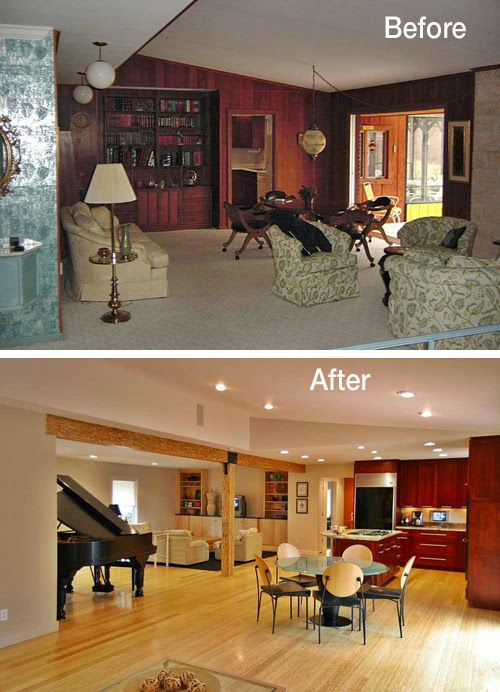 Summertime means an increase in temperature, and if you’re part of the majority of people in the U.S., it may also mean an increase in your utility bills as well. There are some changes you can make this summer that will help reduce your energy consumption and still keep you comfortable.
Summertime means an increase in temperature, and if you’re part of the majority of people in the U.S., it may also mean an increase in your utility bills as well. There are some changes you can make this summer that will help reduce your energy consumption and still keep you comfortable.1. Clean your air conditioning filters every month. Most people ignore the air filters until something goes wrong. Cleaning your air filters every month will help ensure that your system is functioning as efficiently as possible.
2. Unplug electronics when they’re not in use, or use a Smart Strip. Simply turning off the T.V. or other appliances won’t put a stop to your power consumption. While it might not make a huge difference, keeping items plugged in can add up over the year.
3. Shut doors and vents of unused rooms and use ceiling fans when you can. This can all lighten the load on your air conditioner.
4. Turn up your thermostat. Set your thermostat to 77 degrees when you are home and 85 degrees or off when you are away. You will save 1-3% per degree for each degree the thermostat is set above 72 degrees.
5. Shade your windows. Install patio covers, awnings, and solar window screens to shade your home from the sun. Also, plant trees, shrubs, and vines strategically to properly shade your windows and keep the sun from heating up your house.







